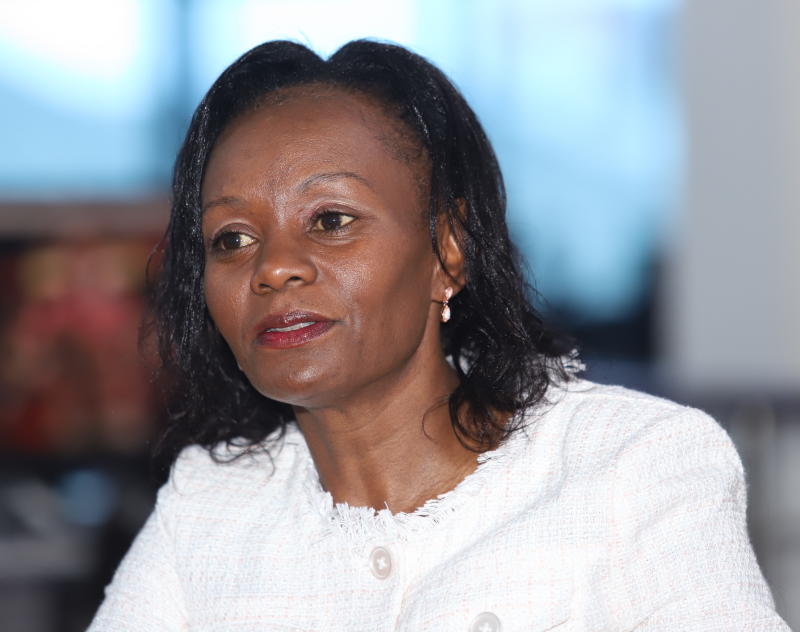×
The Standard e-Paper
Stay Informed, Even Offline

KEPSA CEO Carol Kariuki during an interview on August 2, 2021. [Denish Ochieng, Standard]
The Kenya Private Sector Alliance (Kepsa) now wants taxes on solar panels, pesticides and power tariffs reduced as one way of cushioning farmers and manufacturers.







